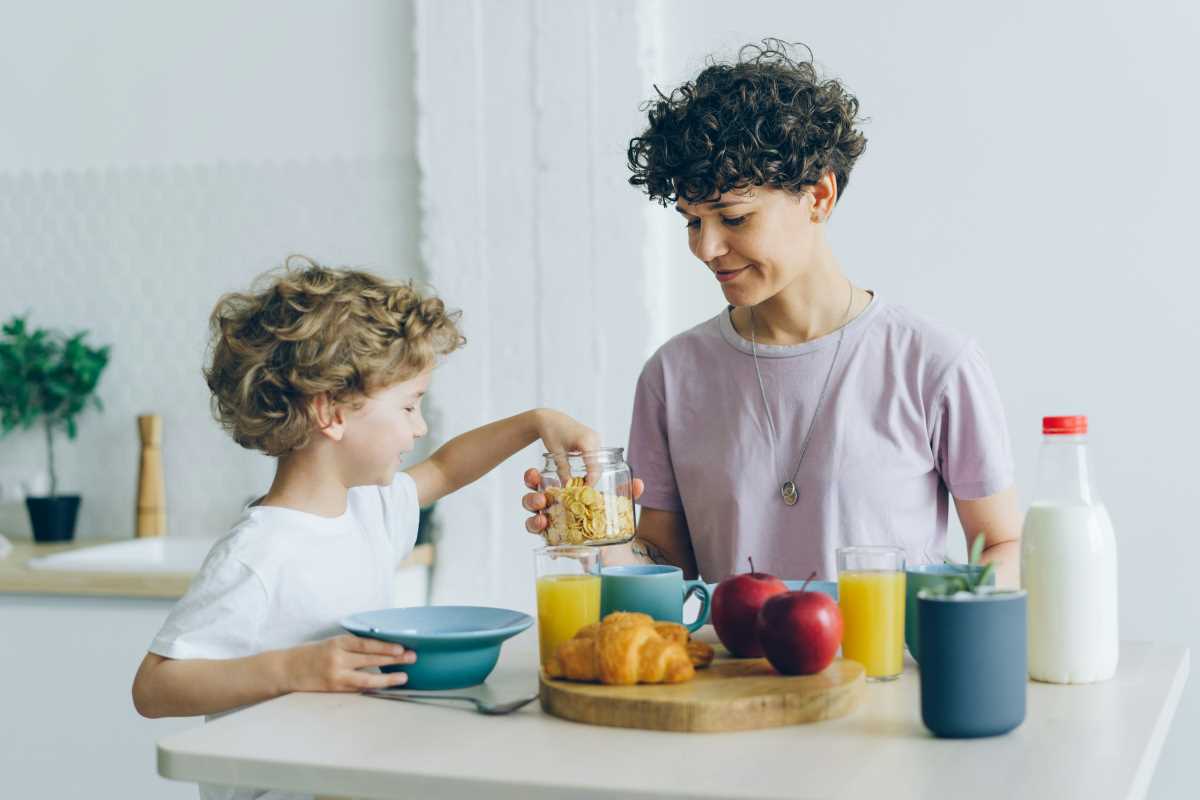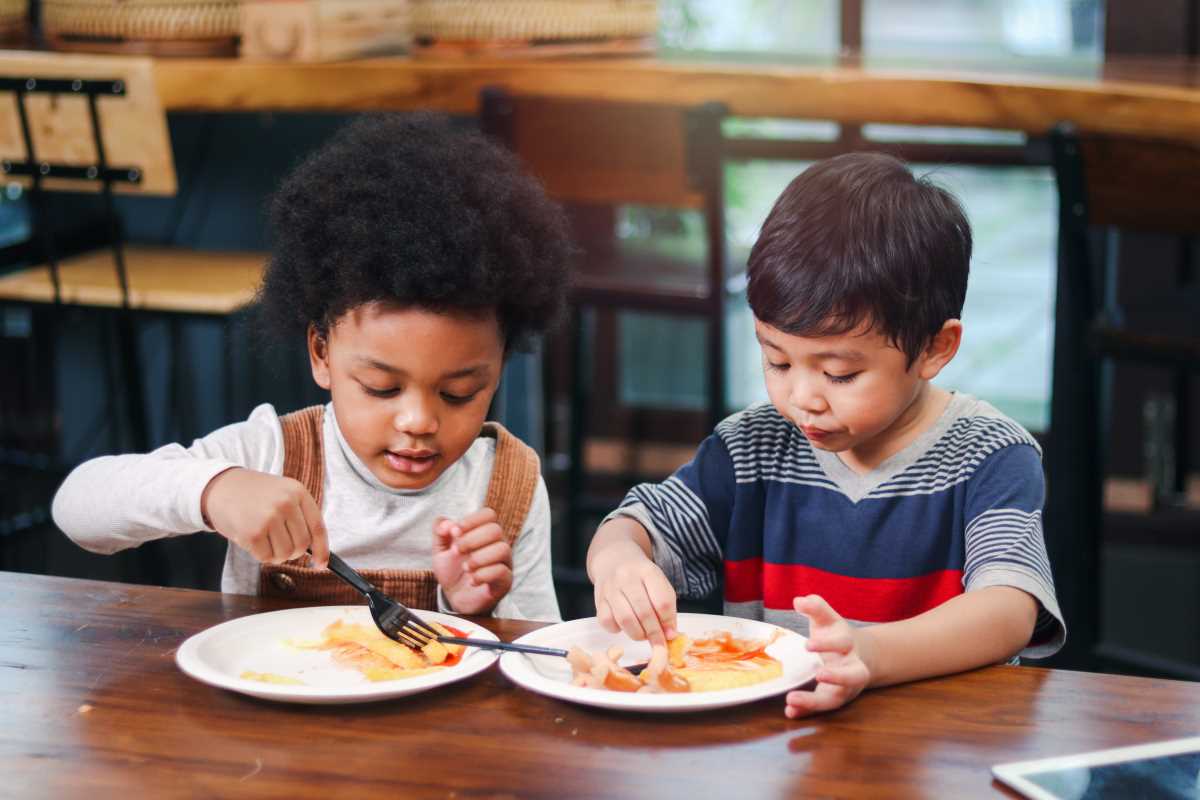Children benefit greatly from emotional well-being, which shapes how they experience their daily lives and interact with others. Developing steady routines gives young people a sense of predictability, helping them understand and manage their emotions with greater ease. When children follow consistent habits, they gain confidence and feel less overwhelmed by stress. Small daily actions, such as getting enough sleep, sharing thoughts with family, or spending quiet moments reading, offer reliable touchpoints throughout the day. Over time, these simple patterns encourage children to recognize their feelings, communicate more openly, and develop lasting skills for self-care and healthy emotional growth.
Using consistent daily practices creates a supportive framework that encourages kids to recognize and manage their emotions. Instead of a chaotic schedule, a regular routine can help children feel secure. This sense of safety leads to clearer thinking, balanced moods, and an improved outlook on life.
Understanding Emotional Wellness in Children
Children's emotional well-being encompasses more than just feeling happy. It involves being curious about feelings, understanding that all emotions are part of life, and knowing how to express them properly. When children develop a better grasp of their own emotions, they can handle challenges more easily and connect with others in meaningful ways.
Parents and teachers play an important role in shaping how kids perceive and react to emotions. Clear communication, patience, and consistency in expectations help children identify their feelings and build a vocabulary for discussing them. This is a key part of growing up and contributes to a well-rounded personality.
The Role of Daily Routines in Emotional Development
Everyday routines provide structure and also directly contribute to a child’s emotional skill set. Regular patterns bring predictability and ease anxiety, making children feel more at home even during uncertain times.
Here are some of the benefits of keeping a consistent schedule:
- Builds a sense of security by setting clear expectations
- Encourages positive habits that help children feel calm and more in control
- Provides opportunities to practice problem-solving and self-reflection
- Helps in developing social skills through regular interaction with peers and adults
Practical Daily Routines to Support Emotional Wellness
Simple routines carve out time for kids to process their experiences and handle stress. Incorporating specific practices into daily life makes emotional maintenance a natural part of the day rather than an overwhelming add-on.
Consider trying these routines:
- Start the day with a calming moment. Encourage your child to sit quietly and identify one thing they are looking forward to. This helps set a positive tone for the day.
- Establish a routine check-in at lunch or after school. Ask questions that invite conversation about how they feel or what they experienced. This helps normalize discussions about emotions.
- Set aside time for creative expression in the evening. Activities like drawing, writing, or playing music give a safe space for emotions to be expressed.
- Create a winding-down ritual before bedtime. Use this time for reading or sharing thoughts about the day, which can help quiet the mind and prepare for a restful sleep.
Encouraging Open Communication and Expression
Kids need to feel free to share what they are going through without judgment. A relaxed conversation at the dinner table or during quiet moments can reveal how your child is coping and growing emotionally. When children see that their caregivers care about their inner world, they learn to articulate and explore their feelings.
Encouraging open communication involves actively listening and showing genuine curiosity about a child’s day and feelings. Asking open questions and providing gentle guidance help children understand that emotions are normal and worth discussing. This practice creates a habitual space for sharing that strengthens bonds over time.
Incorporating Play, Creativity, and Mindfulness
Playing and engaging in creative activities give children a safe outlet to deal with emotions naturally. Simple crafts, storytelling, or outdoor games can promote a sense of calm and involvement in a fun, pressure-free setting. Art-based activities often bring joy and insight, which support emotional wellness in children by combining creativity with calm moments.
Along with art and play, taking a few minutes for relaxation can work wonders. A brief pause to focus on breathing or to step outside for fresh air can help reset emotions. Even a simple routine like watching the clouds for a few minutes helps children disconnect from stress and appreciate their surroundings.
Building Supportive Environments at Home and School
A friendly and understanding atmosphere helps children grow emotionally. At home, small actions like sharing daily challenges and successes build trust and make it easier for kids to open up. Consistent positive reactions reinforce the idea that it’s okay to be vulnerable.
Likewise, schools can offer similar support. Educators who take time to listen to students and validate their feelings create a classroom environment where young minds feel safe. Whether through group activities, one-on-one talks, or simply a smile when needed, the caring atmosphere at home and school sets the foundation for emotional growth.
In conclusion, daily routines simplify the journey toward a balanced emotional life for kids. Structured practices, honest conversations, creative play, and supportive surroundings create space for genuine self-expression and understanding.
These steps help children stay calm and manage their emotions, preparing them to face life’s challenges confidently.
 (Image via
(Image via





